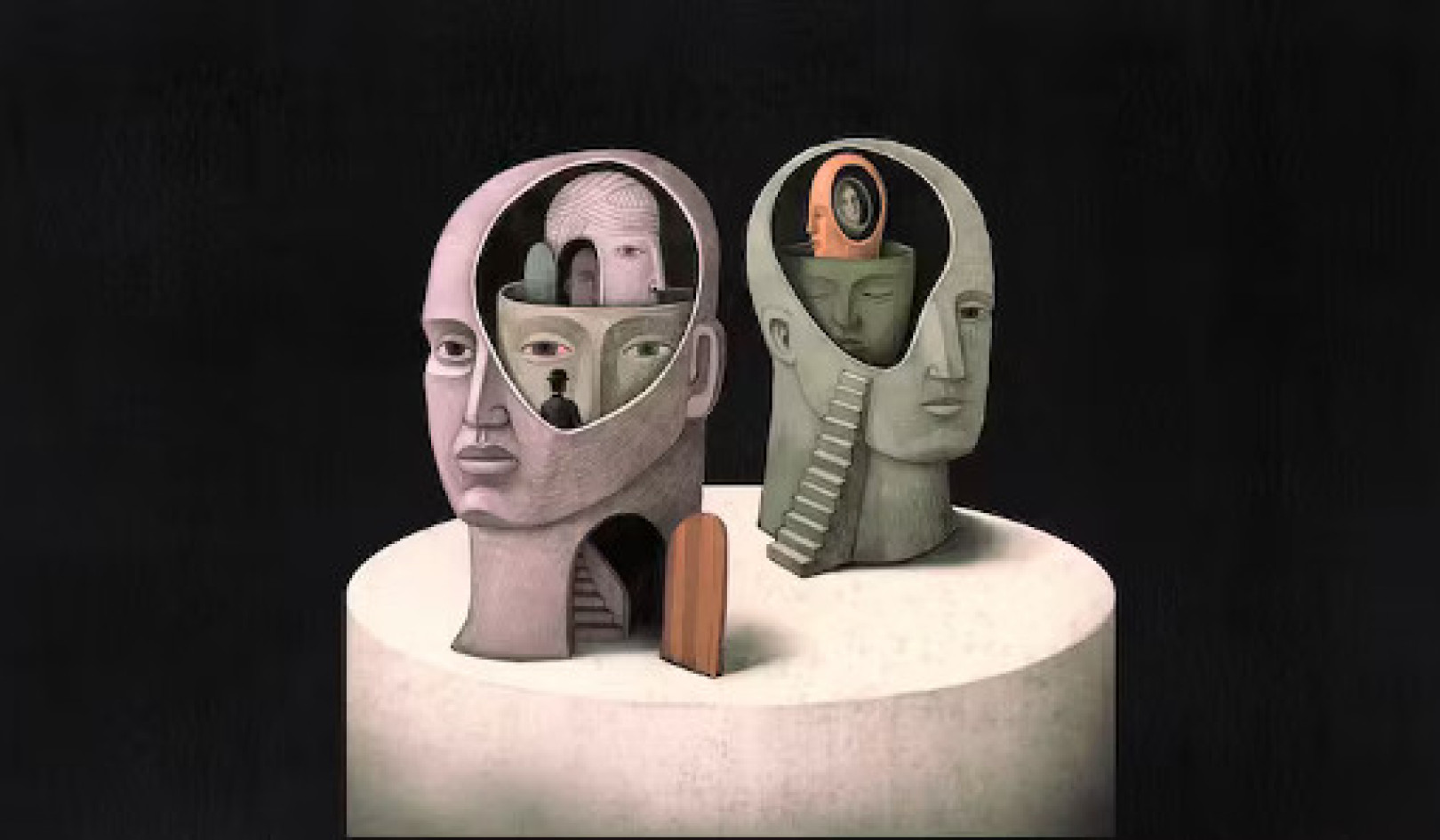Jupiter
-
Key Principle: expansion of the world view, growth, movement.
-
Rate of travel through the zodiac: about 30? a year.
-
Time to travel through a chart: 12 years.
-
Use in predictive work: mainly for its ability to make transits and receive progressions.
-
Figures: grandfather, teacher, guru, traveler, adventurer.
|
Related Sponsored Links |
|
Related books |
When Jupiter is being emphasized by dynamic astrology, there are going to be changes to your worldview. What you are learning, what you are mastering, what you believe in are all areas that can be affected. Jupiter is the energy of expansiveness, whether you like it or not. It takes joy in the big picture and will influence life by the desire to expand the individual's world. The outward effect of this can be to bring study (mental expansion) or travel (physical expansion of the worldview) into your life. If it is impossible for the world to expand due to the life circumstance, then Jupiter will simply change the life circumstance so that an expansion can occur. This may not be a joyful event.
In addition, it would seem that people with a strong natal Jupiter (or who have a large dollop of Sagittarius in the chart) find that transits from or progressions to Jupiter are too excessive, leading to obsessive, manic types of overreactions which generally leave them exhausted at the end of the period.
Saturn
-
Key Principle: structure, responsibility, commitment, authority, building; to take shape and form; consolidation of one's position in life.
-
Rate of movement through the zodiac: about 12? per year.
-
Time to travel through a chart: about 29 years.
-
Use in predictive work: in both giving and receiving transits as well as receiving progressions.
-
Figures: any person or group who can wield authority over you. Individuals who intimate. Individuals or groups for which you are responsible
Saturn is the planet of material form. Its issues are about being here now, being a physical human being in a physical body coping with our physical needs and dealing with the consequences of previous physical actions. It would seem at times that Saturn is the nemesis of the human race. For, if there is going to be productive or useful growth (Jupiter) there must be a time of pause, and consolidation--a time of restraint, a time of testing. Since all life as we know it is subject to this pulse of expansion, contraction, then the indicator of the times of contraction--Saturn--becomes a very important planet in the astrologer's toolbox.
Thus whether it is giving or receiving, in predictive work, it is always strongly felt. When Saturn is making a contact to the personal planets, it suggests periods of having to accept the consequences of one's actions. In its interaction with the outer planets, Saturn produces landmarks in the map of a person's life, showing the times and ways that the individual will struggle against the weight of the physical world and its needs in the search for awareness.
When people are young (pre-Saturn return), Saturn contacts are usually experienced as limiting and restricting, even possibly intimidating. The Saturnian figures, symbolically father, the law, teacher, or boss, come to the surface during the contact to enable the person to be exposed to restrictions in order to learn lessons of responsibility and containment. These same contacts may yield welcome increases in responsibility (job promotion) or stability in the life for a mature individual.
Whatever the stage in life, a Saturn transit will have a common theme of work, hard work. Under a Saturn contact, a person is held to account, for better or for worse. The following is a guideline to the transits of Saturn:
-
Saturn-Sun: increase of responsibility or being "under the thumb".
-
Saturn-Moon: loneliness, isolation, feeling unsupported; needing to consolidate resources.
-
Saturn-Mercury: serious decisions, burdensome paperwork, study.
-
Saturn-Venus: making or breaking commitments in relationships; restrictions upon financial affairs.
-
Saturn-Mars: arthritis, physical restraint, physical injury, being exhausted, hard labor.
-
Saturn-Jupiter: controlled expansion.
-
Saturn-Saturn: major life phase cycle.
-
Saturn-Uranus: frustration, slow progress in achieving new goals. Doing something which is ground breaking.
-
Saturn-Neptune: illness, tiredness, depletion of resources, despair, to be without hope. This is the major signifier of health problems in predictive astrology.
-
Saturn-Pluto: blocked energy leading to outbursts that could be violent; melancholy, darkness of feelings; being in a "black hole".
-
Saturn-North Node: taking responsibility with a group; taking on a fated commitment which is part of the life journey.
-
Saturn-South Node: increase in responsibilities to do with family or "tribe"; fated, karmic bonds are changed in such a way that the person has to carry a greater load.
-
Saturn-Ascendant: taking on greater responsibilities; being seen as capable of handling authority; given authority.
-
Saturn-Descendant: reviewing and changing commitments in relationships, either business or personal. Being realistic about the nature of a relationship or business partnership.
-
Saturn-MC: greater responsibility in the career; being seen to stand on one's own feet.
-
Saturn-IC: family commitments which tie a person to the home; possible problems with the father figure.
-
Saturn-Vertex/Anti-vertex: encountering authority figures, or encountering a long-awaited responsibility.
The Outer Planets
The three outer planets (Uranus, Neptune, and Pluto) tend to belong more to the collective rather than to the individual. Particularly with transits, they take on a generational flavor. For example, natal Neptune receiving a conjunction from transiting Pluto will be occurring to everybody born within a twelve-month period. Everyone may have the transit but few would be aware of it. Even a Mars transit squaring natal Pluto will be affecting your generation. Watch for the expression of the energy in the world of fashion, on the nightly news, or in the papers, but don't look for it in an individual's chart unless that individual is a world leader in fashion or politics, and so on.
However, when the outer planets form relationships to the inner natal planets, they all challenge, in some manner, the Saturn structure that exists in that area of the person's life.
Saturn and Jupiter can be seen as a harbor mouth; inside the harbor, we can control the sea, break waters, piers, docks, and so on. However, beyond the harbor the ship is exposed to the uncontrollable open sea. Jupiter beckons us out of the harbor, Saturn tells us to be well-prepared for the journey, and Uranus, Neptune, and Pluto are the open sea--the collective. No matter how well prepared the vessel, events can and will occur.
Uranus
-
Key Principle: fast unexpected change; a turnaround, an awakening. Freedom. The sudden storm at sea.
-
Rate of travel through the zodiac: about 4? per year.
-
Time to travel through a chart: about 84 years.
-
Use in predictive work: generally used for its ability to make transits and receive progressions.
-
Figures: any person who is considered to be unconventional, independent, chaotic, eccentric, or rebellious. In addition the exciting person, the person who brings change. Intellectual and or non-committed.
|
Uranus is about change, unexpected, seemingly without pattern. The desire to break patterns of responsibility. Not necessarily to be free of the responsibility but rather just to be free. The wild card, electric, weird, fast, non-emotional, life-in-the-fast-lane. The energy of this planet is chaos. This may be welcomed, or may be feared. Spontaneous change by way of a general non-emotional reaction, because the individual does not have the luxury of time between events to brood or ponder. A ship in a storm does not have time to meditate on the problem.
When Saturn has our life firmly in its grasp via order, routine, habits, and life style, Uranus will come thundering into our world, to alter, change, or confront us with the vulnerability of our "nice safe secure systems".
The energy of Uranus seems to radiate out of a person when it is strongly transiting a chart. Light bulbs can pop, electrical failures and computer hiccups seem to trail behind us like unwanted guests! The following are simple guidelines to the types of expressions of Uranus in transit.
-
Uranus-Sun: the sudden desire for freedom and re-classification of the self.
-
Uranus-Moon: release from personal emotions; events happening so fast that the person does not have time to emotionally react; freedom from emotions. Release from the conventional view of mother/child.
-
Uranus-Mercury: sudden ideas, changes in speech, encountering a foreign language, new books, and so on.
-
Uranus-Venus: changes to socializing patterns; falling in or out of love; changes in financial situation.
-
Uranus-Mars: haste, accidents, anger, sexual energy, passion.
-
Uranus-Jupiter: when we have transiting Uranus conjunct transiting Jupiter the community expresses explosive energy-- brushfires and the like. On the personal level, this combination can be exciting but not too life-changing.
-
Uranus-Saturn: see Saturn.
-
Uranus-Uranus: "re-evaluation of life" cycle.
-
Uranus-Neptune: very little manifestation on the personal level; signifies inspiration, change for the better, a flash of enlightenment on the collective generational level. A hopeless case with no apparent solution can become resolved.
-
Uranus-Pluto: another generational transit that may have little effect on the individual.
-
Uranus-North Node: sudden encounters with groups or people that expand our world, bringing changes that redirect us on our life path.
-
Uranus-South Node: changing the "tribal" structure; an old issue can surface and be cleared.
-
Uranus-Ascendant: sudden changes to the person's life; immense drive for change/freedom; change of name, changes to the physical body.
-
Uranus-Descendant: rapid change to relationship patterns: new type or style of relationship, sudden forming or breaking of a relationship; an awaking to one's true needs in relationship.
-
Uranus-MC: sudden change of job or career, changes to social status, for better or for worse.
-
Uranus-IC: changes in the family or where the person is living; changes to the physical home.
-
Uranus-Vertex/Antivertex: encountering people who instigate change; this change can be welcomed or feared.
Continued on the next page:
Neptune; Pluto: North Node; South Node




 Bernadette Brady is an astrologer who lives and works in Australia. She lectures internationally and is a contributor to many astrological journals. She was a microbiologist prior to becoming a fulltime astrologer.
Bernadette Brady is an astrologer who lives and works in Australia. She lectures internationally and is a contributor to many astrological journals. She was a microbiologist prior to becoming a fulltime astrologer. 


























